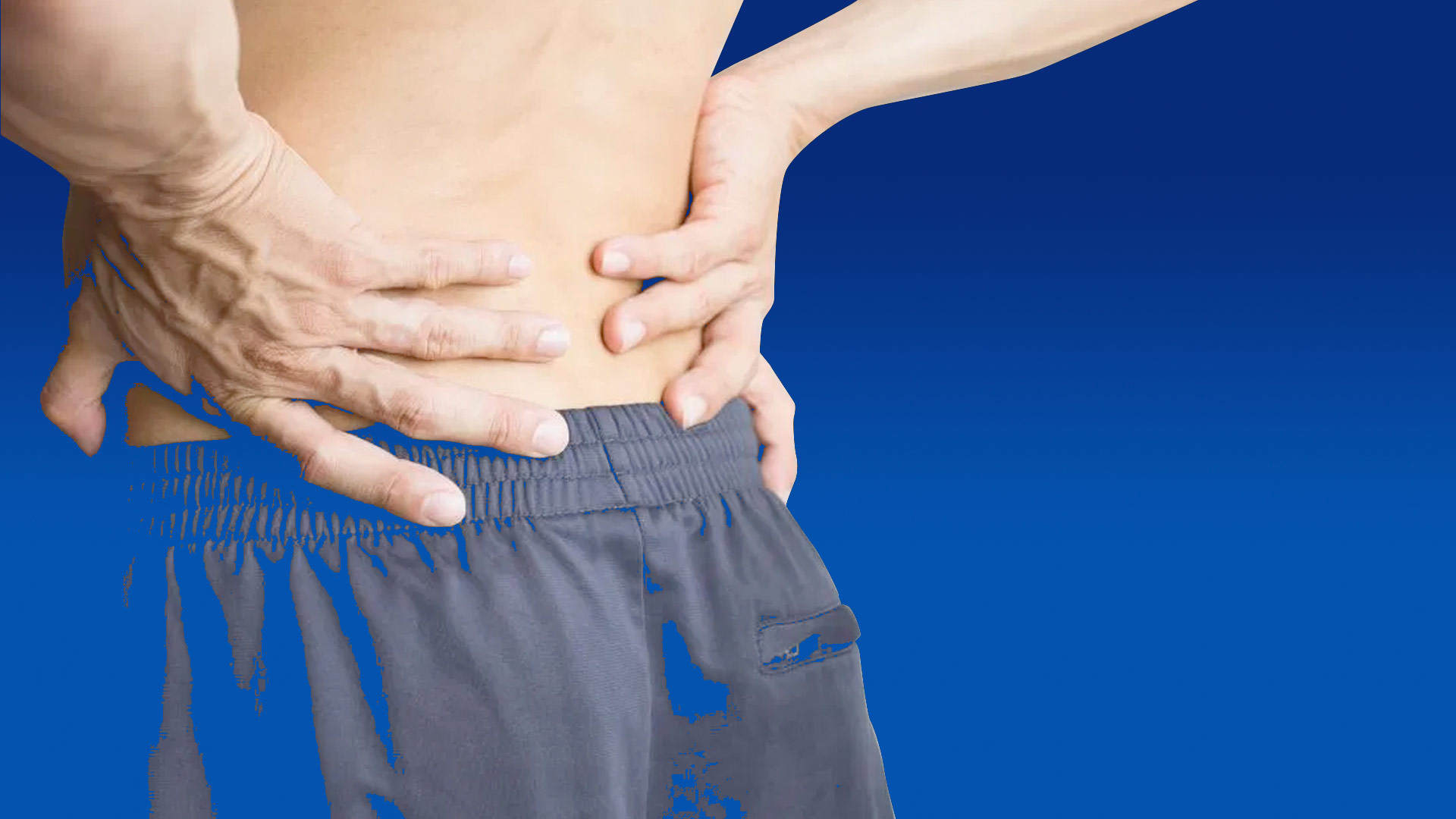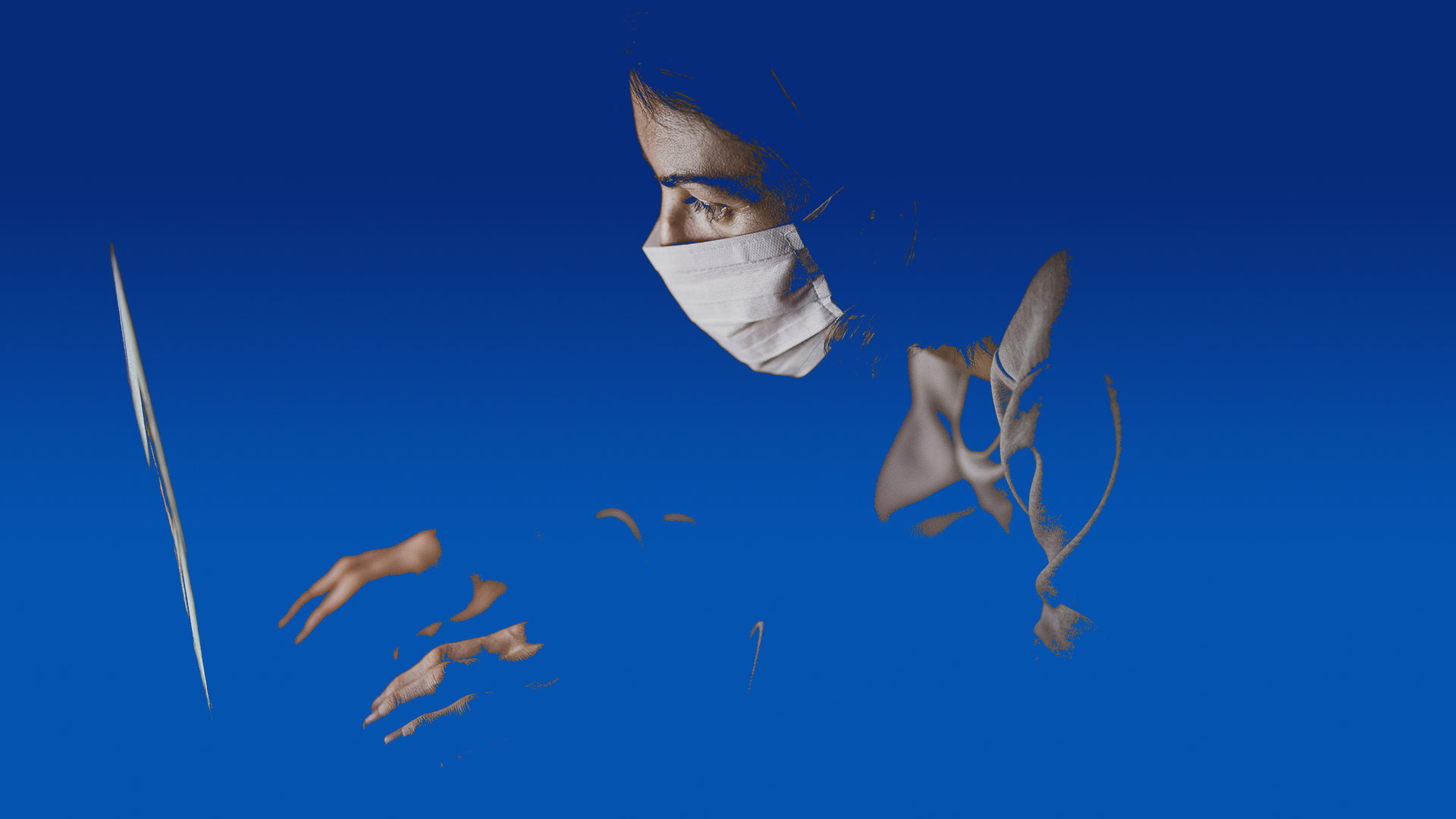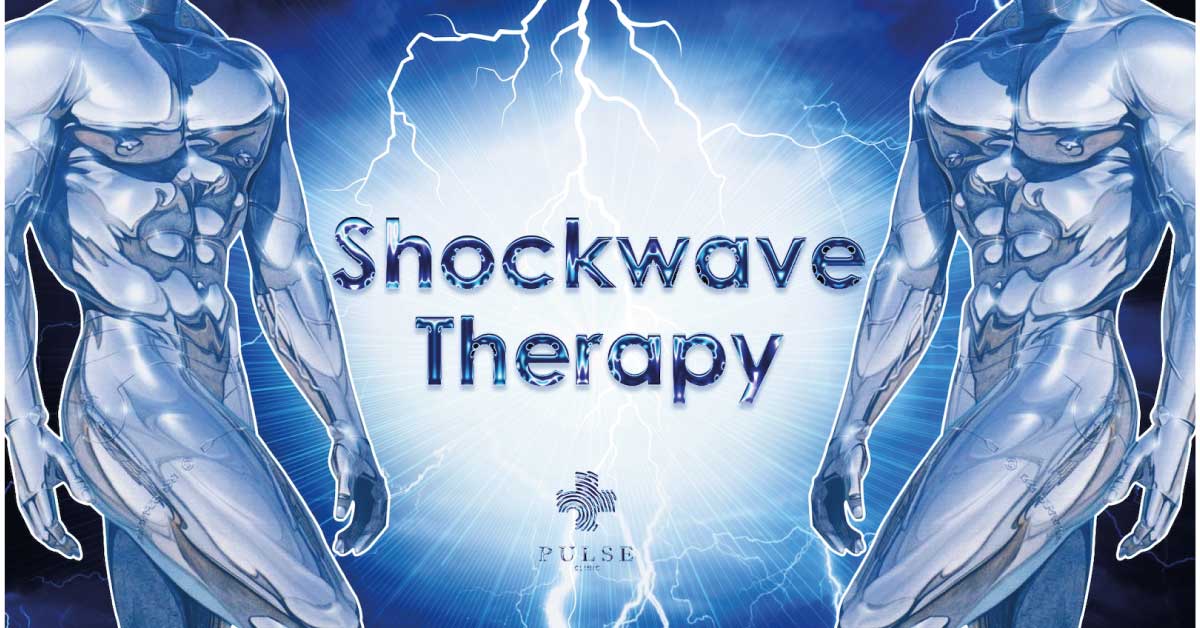Shockwave Therapy as Office Syndrome Treatment
3264
PULSE Clinic offers shock wave therapy for office syndrome, relieving pain and improving mobility for better workplace comfort.

Shockwave Therapy as Office Syndrome Treatment
In today's tech-driven world, office jobs have become much more common. These jobs come with many benefits but also come with health challenges. One common issue is office syndrome, caused by long hours at a desk, which leads to pain, stiffness, and limited flexibility. Recently, shockwave therapy has shown promise in treating these symptoms.
What is Office Syndrome?
Office syndrome, also known as "computer syndrome" or "office worker's disease," encompasses a range of symptoms resulting from extended periods of sitting, poor posture, and repetitive motions commonly associated with desk jobs. These symptoms may manifest as pain and discomfort in the neck, shoulders, back, and wrists. Prolonged sitting, combined with poor ergonomics and sedentary habits, can lead to muscle imbalances, reduced blood circulation, and increased stress on the musculoskeletal system.
Shockwave Therapy as Treatment
Shockwave therapy, or ESWT, was originally used for kidney stones but is now also used in orthopedics and rehabilitation. It uses acoustic waves to help the body heal.
| PACKAGE | PRICE |
| Focused Shockwave for Muscle Trigger Point, Office Syndrome, Planter Fascitis, Back Pain x 4 Sessions | 18,000 THB |
How Shockwave Therapy Works
Shockwave therapy uses acoustic waves to boost blood flow, cell repair, and collagen production. It helps heal damaged tissues, reduce inflammation, and improve flexibility. Office syndrome targets muscle tightness and promotes a balanced musculoskeletal system.
Trust PULSE CLINIC to take care of your health like other 45000 people from over 130 countries. We provide discreet professional service with high privacy. Here to help, not to judge.
Book Your Appointment Today!
Contact us at info.bkk@pulse-clinic.com or chat on your preferred platform:
![]() +66 65 237 1936
+66 65 237 1936  @PULSEClinic
@PULSEClinic ![]() PulseClinic
PulseClinic
Benefits of Shockwave Therapy for Office Syndrome
1. Pain Relief
Shockwave therapy helps relieve pain by targeting trigger points, reducing muscle tension, easing the discomfort of office syndrome, and improving quality of life.
2. Improved Blood Circulation
The acoustic waves in shockwave therapy improve blood circulation, delivering oxygen and nutrients to tissues, which speeds up healing from prolonged sitting.
3. Muscle Relaxation
Shockwave therapy helps relax muscles by breaking down adhesions and reducing spasms, relieving tightness and stiffness in the neck, shoulders, and back.
4. Enhanced Mobility and Flexibility
Shockwave therapy boosts tissue repair and reduces inflammation, improving mobility and flexibility for office workers who may have limited movement from sitting too long.
5. Non-Invasiveness and Minimal Downtime
Shockwave therapy is non-invasive with little downtime, making it a great option for those seeking relief from office syndrome without long recovery times.
Conclusion
As office syndrome becomes more common, shockwave therapy offers a promising, non-invasive treatment for pain relief, better circulation, muscle relaxation, and improved mobility.
When combined with ergonomic changes, regular exercise, and lifestyle adjustments, it can help office workers feel better at work. Those with ongoing symptoms should consult a healthcare professional for the best treatment plan.
Book Your Appointment Today!
Contact us at info.bkk@pulse-clinic.com or chat on your preferred platform:
![]() +66 65 237 1936
+66 65 237 1936  @PULSEClinic
@PULSEClinic ![]() PulseClinic
PulseClinic
Add us on Line and stay in touch.
Loading...
Clinic Locations
Loading...














